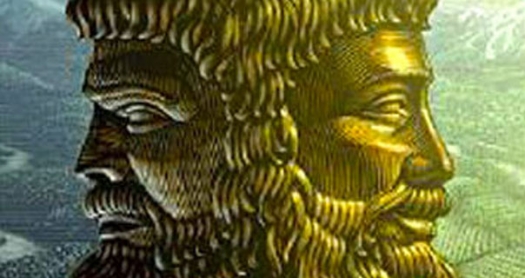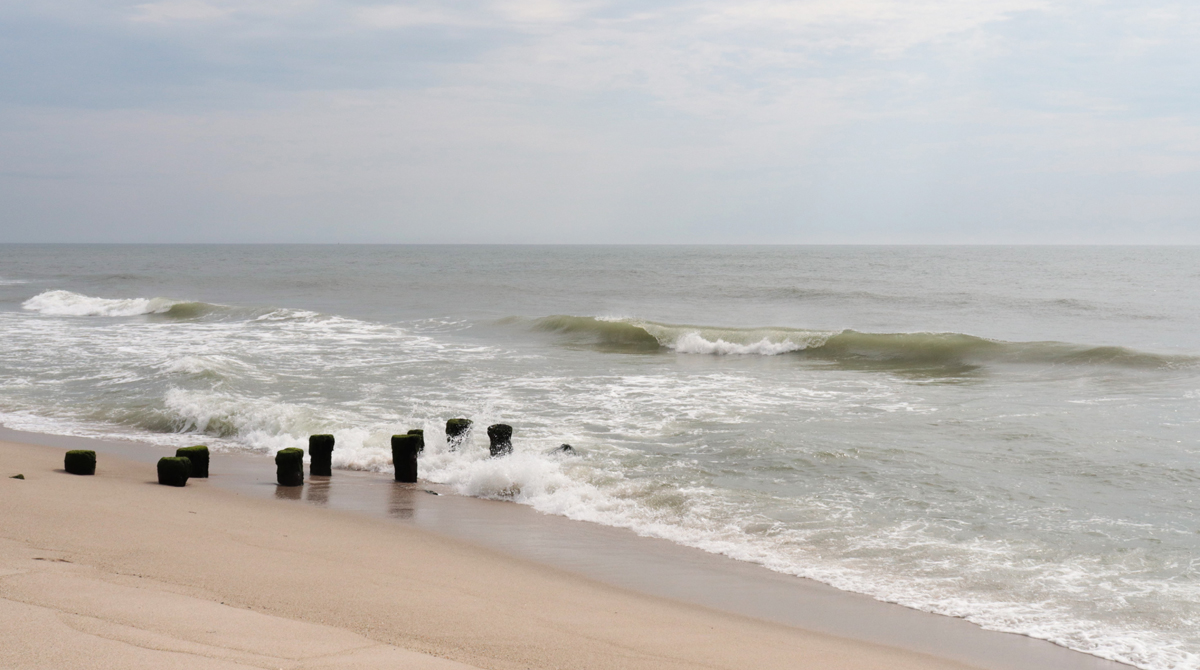Why Does the Year Start on January 1st?
In a previous post I made a remark about how I didn’t know why the year began on the first of January. I also made a flippant comment about how I wasn’t professional enough to actually take the time to look it up to find out. Well, it turns out that wasn’t exactly true. Curiosity it seems enhances my professionalism.
As you recall, I off-offhandedly asked why the year started in mid-winter rather than, say, spring when everything begins to grow. Symbolically this seems better suited and fits in nicely with the whole birth/death/rebirth cycle of life thing that we (humans) seem to enjoy so much in our mythologies (see: Christianity, Judaism, Hinduism, Buddhism and every religion ever). And actually, at certain times this was how the year was structured. But the mid-winter idea has some merit as well and there was a good reason for doing that way too. So what’s the deal?
It all begins with the Romans. It always starts with the Romans doesn’t it? They had a God named Janus who was the god of doors and gates and new beginnings. Janus had two faces, one looking back into the past and the other looking forward to the future. So when it came time for Julius Caesar to have a new calendar commissioned (the Julian calendar, which he very humbly had named after himself) he thought it was appropriate name the first month for Janus. And so we have January, which is actually pretty cool. The first month was placed just after the winter solstice and so began the year as the days started to get longer and grow. Again, this seems pretty logical and symbolically right on target. All seems well in the world of calendars and New Year beginning choices. But then it was changed to spring. Why? Simple, Rome fell.
As Christianity spread throughout Europe the celebration of the New Year was seen as pagan. And to be fair, it actually was. Not to mention the first day was often celebrated with copious drinking and orgies. Christians tended to frown upon that. Even more than that was the fact that the Julian calendar wasn’t just a way to enumerate the passage of time; it was a political tool and weapon.
You see, as the Roman armies conquered new lands the Empire forced the newly occupied peoples to adopt its calendar, it was used in every corner of the Empire, not just for consistency, but to remind all citizens of Roman authority and Caesar’s power. When Rome fell the calendar did as well.
Various territories and kingdoms began to create new calendars or alter the Julian or simply going back to the way it was before the Romans showed up in the first place. Some placed the New Year on March 25th, the annunciation of the virgin, or when Mary first found out she was pregnant. Still more just started the New Year on Easter. Which is fine until you realize that Easter falls on a different day each year and since no two calendars could agree when that day was, that day could vary country to country or town to town; it was calendric chaos.
Finally a frustrated Pope Gregory XIII was fed up of having to re-set the holiday, not to mention the fact that Caesar’s calendar had an error that caused the year to become misaligned with the solar year (by 1582, the difference was 10 days) and decided to put an end to it. Gregory devised a new calendar that used a single leap day every four years to keep it aligned. He then restored January 1st as the first day of the year.
Most areas picked up the Gregorian calendar pretty quickly, except for the Protestant ones who felt that the “Roman Antichrist” was trying to trick them into worshiping on the wrong days. And so there were arguments and wars fought over this because that’s what’s really important. Sigh.
Eventually Protestants adopted the new calendar and the last hold outs, England, Ireland and the British colonies made January 1st the start of the year in early 1752 (Scotland already did this 150 years earlier) and finally Russia in 1917. (Wait, 1917? Really? Way to jump on board Russia.)
And there you have it the twisted tale of the New Year. It is full of symbolism and politics, arguments and war and actually a whole lot more detail than what I jotted down here. But in the end it’s just a day that we (humans) can agree on to take stock, assess ourselves and our lives and celebrate the end and beginning of a new year in the traditional way: with copious drinking and orgies.











Andy Garcia says:
Joe says:
Paul Matthew Carr says: